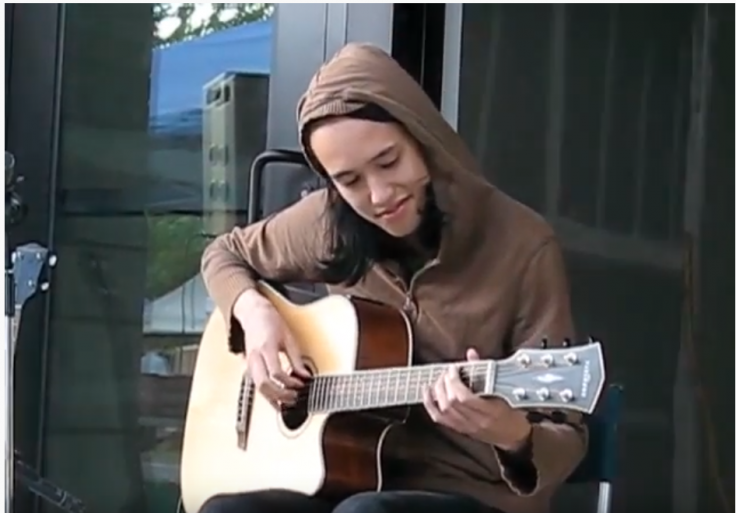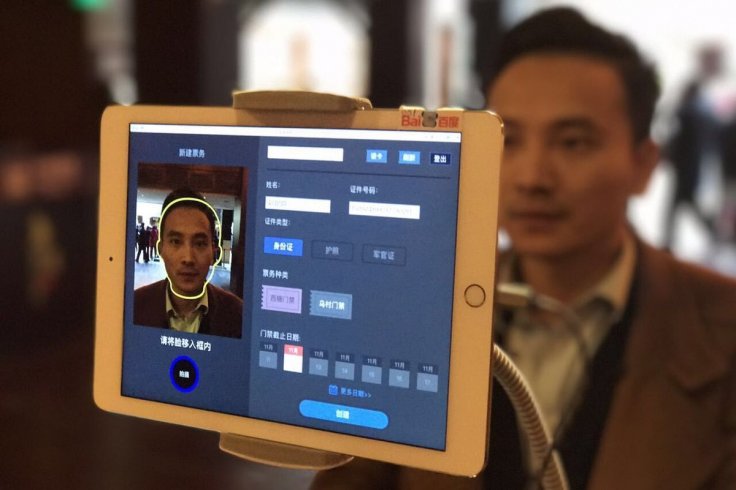A little-known computer programmer from Australia is grabbing serious attention these days, much as he is spooking the hell out of privacy warriors. The 31-year-old is sitting on a virtual data powder keg scraped from social media accounts of ordinary people. His nascent company, Clearview AI, is saying it has gathered as many as 3 billion photos from sites like Facebook, Youtube, Twitter, Instagram and other social sites.
Clearview AI has the power to completely destroy individual privacy as we know today. The groundbreaking facial recognition app is currently helping as many as 600 law enforcement agencies track down suspects using images. If a suspect's image is available from the crime scene recording, that can be uploaded into the system to fetch all public photos of the subject along with information on where those photos had appeared.
Personal images stolen from social sites

"We have millions and millions of different websites all around the web that we crawl and add to our database," Ton-That told ABC News. "There's a lot of crimes and cases that are being solved ... We really believe that this technology can make the world a lot safer," Ton-That added. He also said investigating agencies in Australia are also using his technology.
However, privacy advocates and experts in internet regulation fear that Ton-That may have breached several norms. In the first place he has amassed the images illegally, they argue. The lack of regulation in facial recognition tech will allow the misuse of powerful technology. If left unregulated and unchecked, the technology can kill personal privacy in one fell swoop, they add.
Police around the world use Clearview AI
The New York Times reported that federal and state law enforcement agencies in the US are using Clearview AI to track criminals. At the same time, the officers NYT spoke to said they did not know how the little known company secured these images. Nor did they know who was behind the cutting edge technology.
Police have been able to solve crimes such as shoplifting, child abuse, identify theft, credit card fraud and murder using this technology. However, on the flip side, millions of sensitive photos are being uploaded into the servers of a mysterious company, adding to the billions it has already scraped off from social pages or regular individuals.
Privacy advocates horrified at the breach
Privacy warriors are horrified about the way the untested company has managed to get access to billions of photos. Crime investigating agencies have used facial recognition technologies for at least 20 years but their resource base was images provided by government sources such as a driving license. With Clearview AI getting into the act, personal photos uploaded anywhere on the social world are screened instantaneously.
People are concerned when their biometrics are harvested from social media channels, says Monique Mann of the Australian Privacy Foundation. "Their sensitive personal information — biometric information is sensitive information — has been taken without their knowledge or their consent, and it's been put to use for applications that they were not aware of and they certainly haven't agreed to," Mann said, according to ABC.
Stalkers and crime syndicates could lay hands on personal photos
NYT found that Clearview AI had developed a method for doing real-time facial recognition using augmented reality glasses and supporting technologies. However, Ton-That has said real-time surveillance is not the aim and function of the company. He explained that his company was focused on search, not surveillance and that Clearview Ai is "an after-the-fact research tool."
Though the technology is only being used by law enforcement agencies now, commercialisation of its use can spell danger, privacy advocates say. Corporations, stalkers and crime syndicates can access the technology and track people down using photographs procured from public spaces.
Ton-That dismisses Facebook warning
Meanwhile, Facebook said it would take action against Clearview AI over its practice of scraping images off its platform. "Scraping Facebook information or adding it to a directory are prohibited by our policies," Facebook said, according to ABC. However, Ton-That dismissed the prospect and sought to oversimplify the context. "The general public does understand that things that are public do get into search engines and other places," he said.

Who is Hoan Ton-That?
Ton-That moved to Silicon Valley from Australia in 2007 after dropping out of college. He met Richard Shwartz, who was Rudy Giuliani's aid when he as New York mayor, in 2016 and the two ventured into the setting up of the facial recognition company.
Ton-That's bio on Everypedia bio says that he is the founder of ClearviewAI, 'a technology company that produces facial recognition software for law enforcement agencies.' He was born in Australia and moved to San Francisco at the age of 19. he started two companies - HappyAppy and Socialsoft. He also worked as an engineer at AngelList and Fitmob. Hoan is also a guitarist and musician who has recorded and released his own music, the bio adds. As per his profile on Medium, he is an 'entrepreneur, computer hacker, guitarist and part-time model'.









